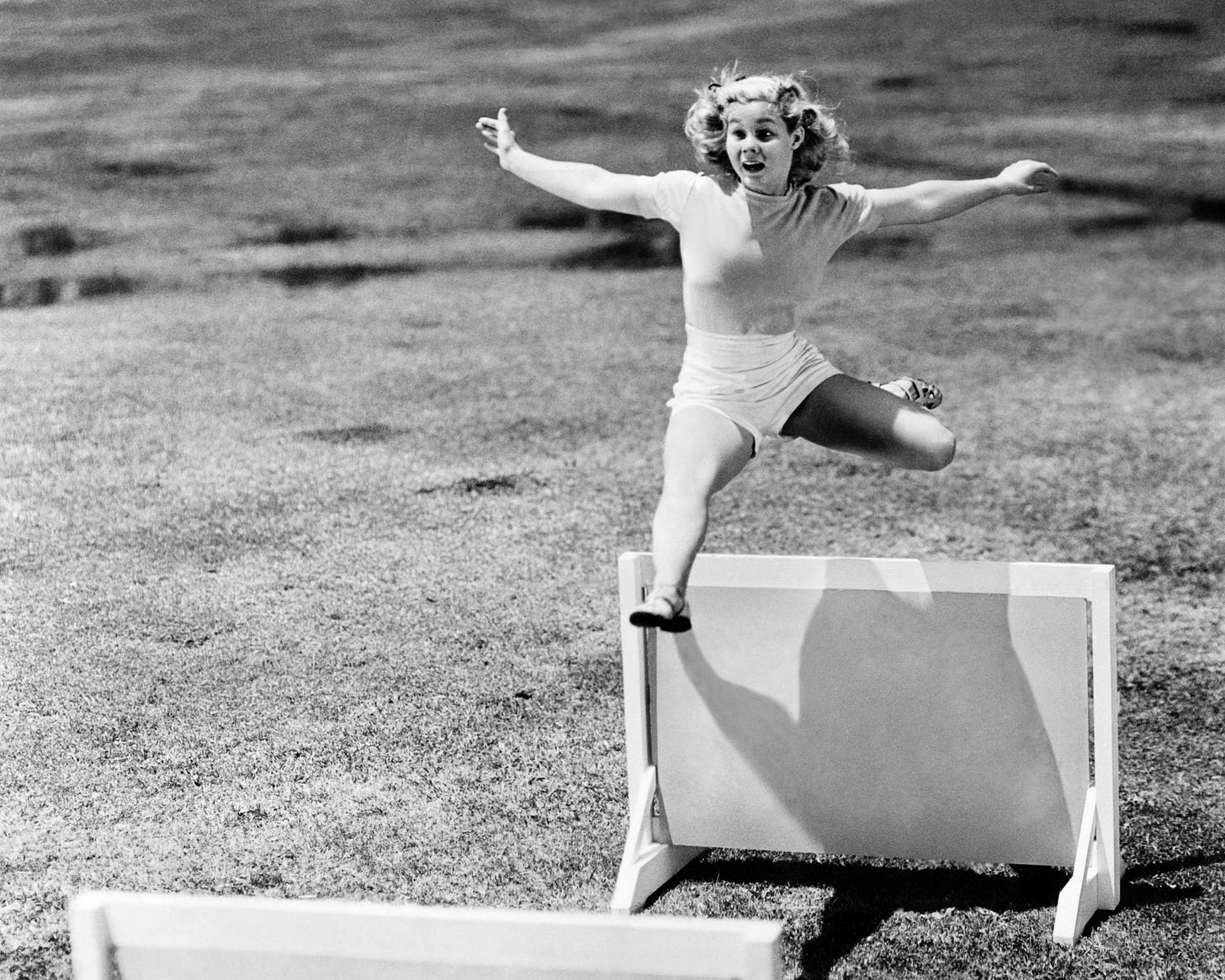Leap Year, Free Rides and False Preferences ...
How did we come to live in this wild world of human constructs?
Leap Year has always fascinated me for its supreme awkwardness.
Like all human constructs, it seems to have been cobbled together through a great deal of trial and error over the centuries — and yet remains woefully imperfect.
For instance, any year that can be divided by four is considered a leap year. Unless it’s a century year, which would then need to be divisible by 400 to be a leap year. So, 2000 and 2300 qualify. But not 2100 or 2200.
See? Not a weird human construct at all.
Leap years don’t just represent human fallibility; upon closer inspection, they also show how droll and provincial we are in that we absolutely need to have the seasons line up with the months of the year.
Far be it from us to have a wintry July in the Western Hemisphere (although my best friend in Canberra tells me she is just starting to get used to celebrating Christmases in the summer and enduring frosty weather from June to August after moving to Australia a few years ago from Los Angeles.)
Yet if we faithfully follow the true length of a year according to the Gregorian calendar, it is not exactly 365 days. It takes the Earth 365 days, 5 hours, 48 minutes and 46 seconds to orbit the sun, according to the U.S. National Aeronautics and Space Administration.
Which means we need to cram that approximately six extra hours a year somewhere. Hence, the much-vaunted Leap Day.
Leap year is not the only curious human construct on my mind these days. With the U.S. stumbling toward what many are fearing will be our most terrifying presidential election yet — which is really saying something after the last one — I am thinking about two concepts in corruption studies that keep coming up. Bear with me, these might give you some hope. Or at least some clarity, amid the unfolding events.
The first is the notion of “free-riding.”
This is an idea that comes from collective action theory, founded on modes of thought dating back to the 17th century. It posits that members of a group or society will frequently choose not to pursue a collective action to achieve the public good, even though it is clearly in their favor to do so.
Here’s why: According to late U.S. economist Mancur Olson, members of a group will, instead, opt to free-ride on others’ efforts in order to achieve a positive goal, rather than take on the onerous task of pursuing it themselves. In this way, they act in their own self-interest, but the results tend to be suboptimal for all.
For those watching the political landscape today, it’s not hard to see the amount of free-riding going on — not to mention a surfeit of cowardice — particularly among some of the world’s wealthiest and most powerful people.
While this trend can be remedied via exerting social pressures, engaging in protests, imposing sanctions, or offering incentives to change (as well as punishments for not changing), moving the needle gets increasingly harder the more people choose to free-ride and do nothing themselves.
Collective action problems such as free-riding apply to corruption in that members of society will often leave the burden of fighting the corruption to others — so they might reap the benefits, but bear none of the risks — creating even more of a hardship for those who choose to fight.
So how does change happen? The second thing I am thinking about is the notion of “false preferences.” This is when people purport to support an idea or person — like, say, former TV personality Tucker Carlson, or presidential contender Donald Trump, or, as is becoming alarmingly commonplace, Russian President Vladimir Putin — until they don’t.
In social theory, the tipping point for when voters feel supported in changing their minds is very individualistic and unpredictable, but it is correlated with when they perceive everyone else to be changing their minds. And this is why, when the tide finally turns, it can happen quite rapidly and unexpectedly. Watch for this. It is how the Berlin Wall came down and it is how major tectonic shifts in societies take place.
It also means, fundamentally, massive shifts can happen — sometimes for long periods of time — with false support and then be rapidly unwound in the same way. And it can happen virtually overnight. It is a major risk to anyone looking to rule by fear. The Florentine philosopher, Niccolò Machiavelli, was wrong, after all. Ruling by fear is the most unstable way to rule.
With nearly half the world’s population voting in the biggest election year on record in 2024, remember that change can happen swiftly and public perceptions, both visible and not so visible, can be crucial to determining the fate of nations.
In the final analysis, human constructs like the ones above show us how deeply flawed and illogical we all are, but I also believe human fallibility is one of the loveliest things about us.
Humans are by no means perfect, and we certainly seem to want to try all the wrong choices before taking a stab at the right ones. But I think our failures can also be among some of our most endearing qualities.
Our vulnerabilities offer insight into who we are. Our fallibilities are often valued by those who love us. And while our imperfections are something we usually try to hide — for the most part, futilely — through them, we also find commonalities, understanding and, ultimately, connection.
I just hope we are patient enough with ourselves and each other to get there.





As usual, Leah, you give me hope for the human race. And also scare me a little bit. 🤣🫶🏼 Thanks.